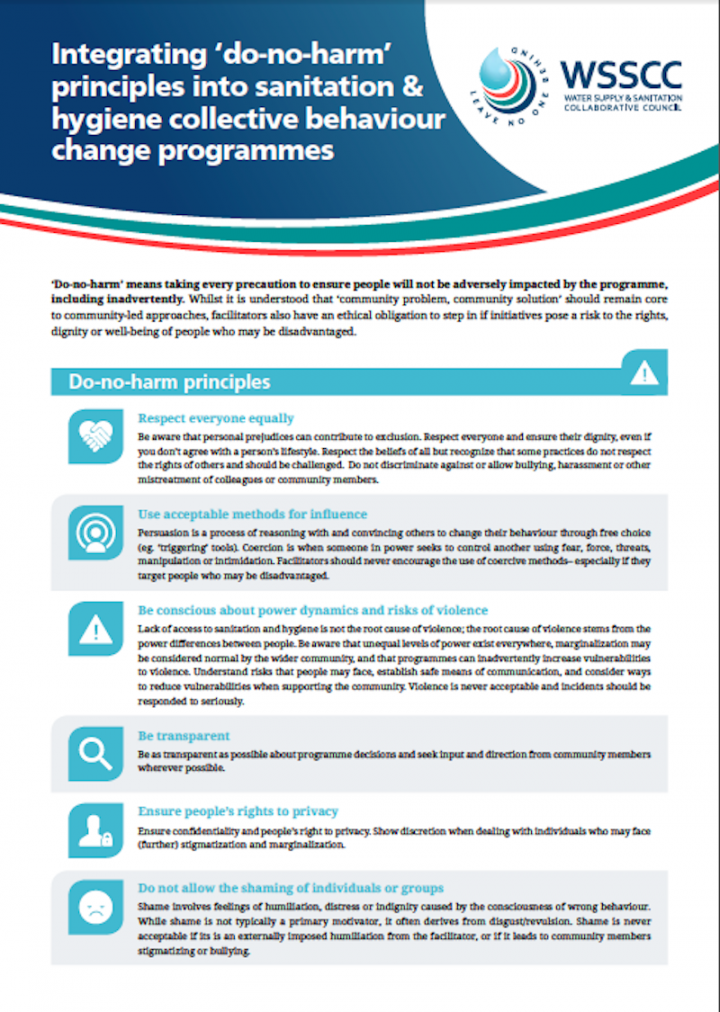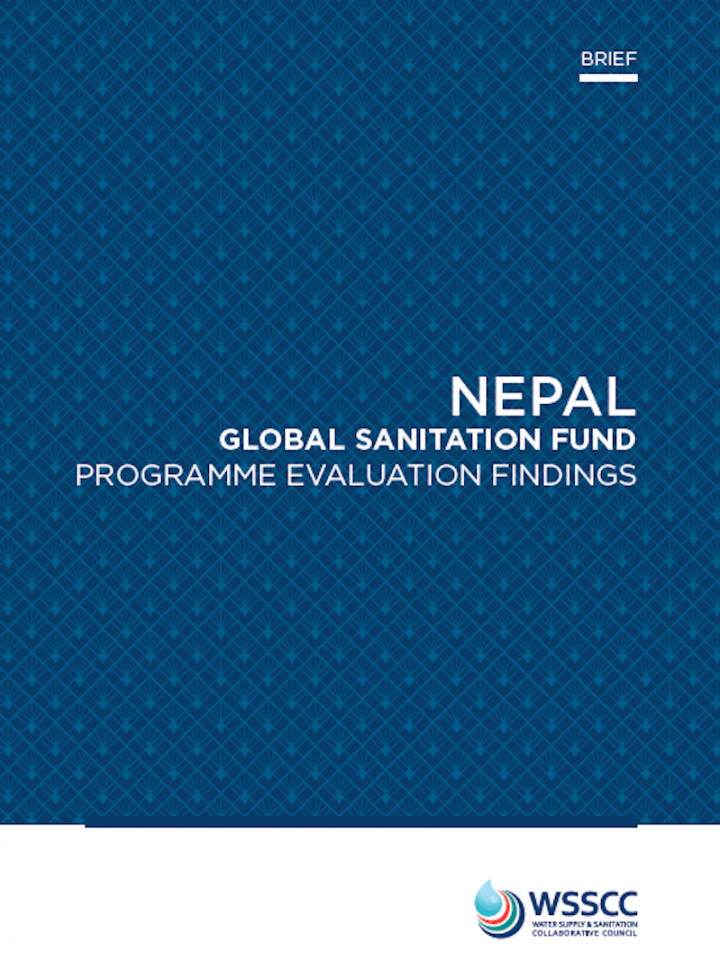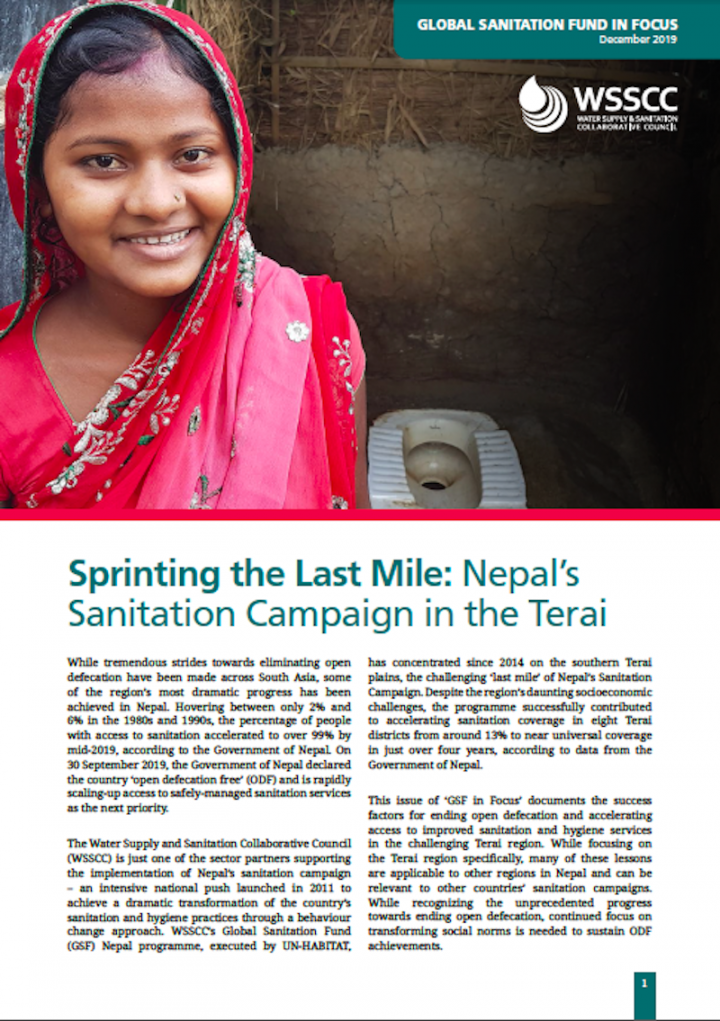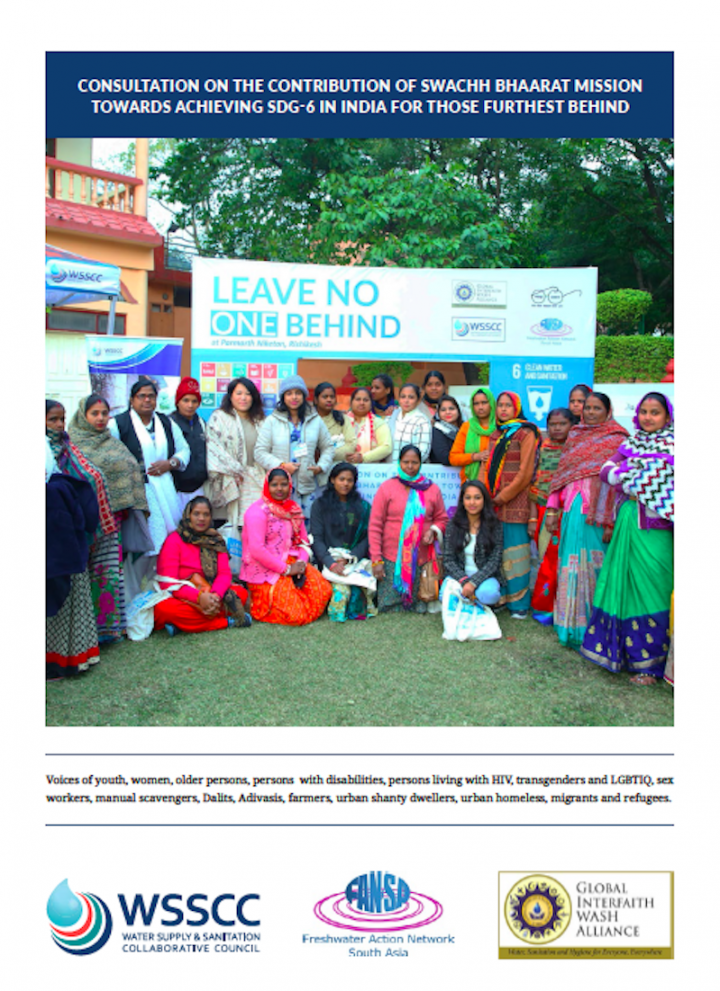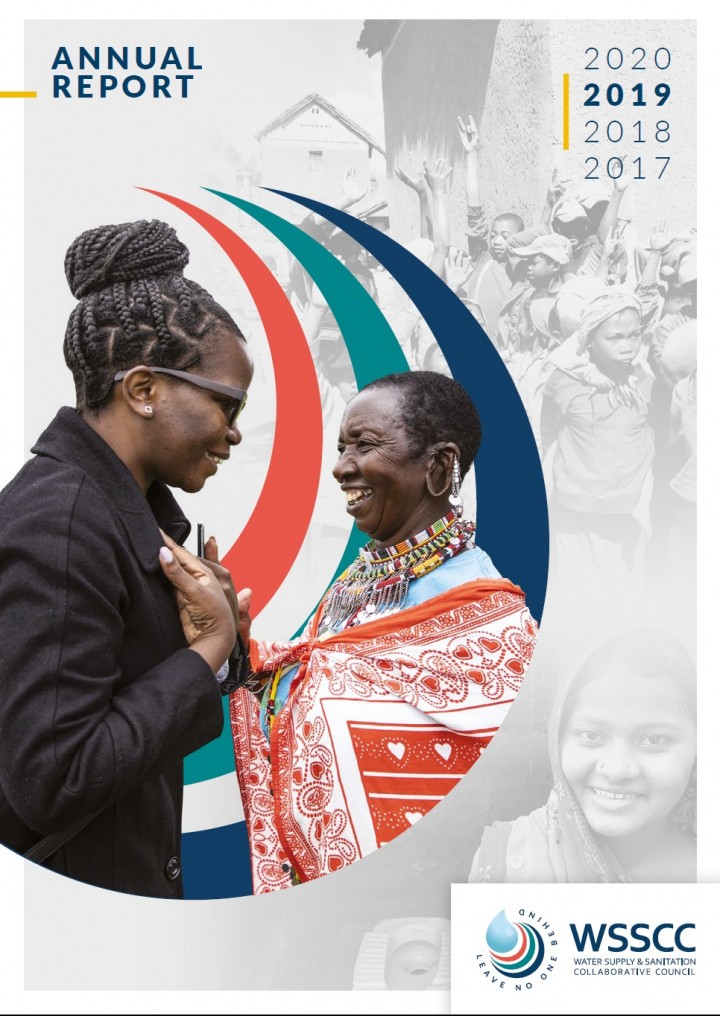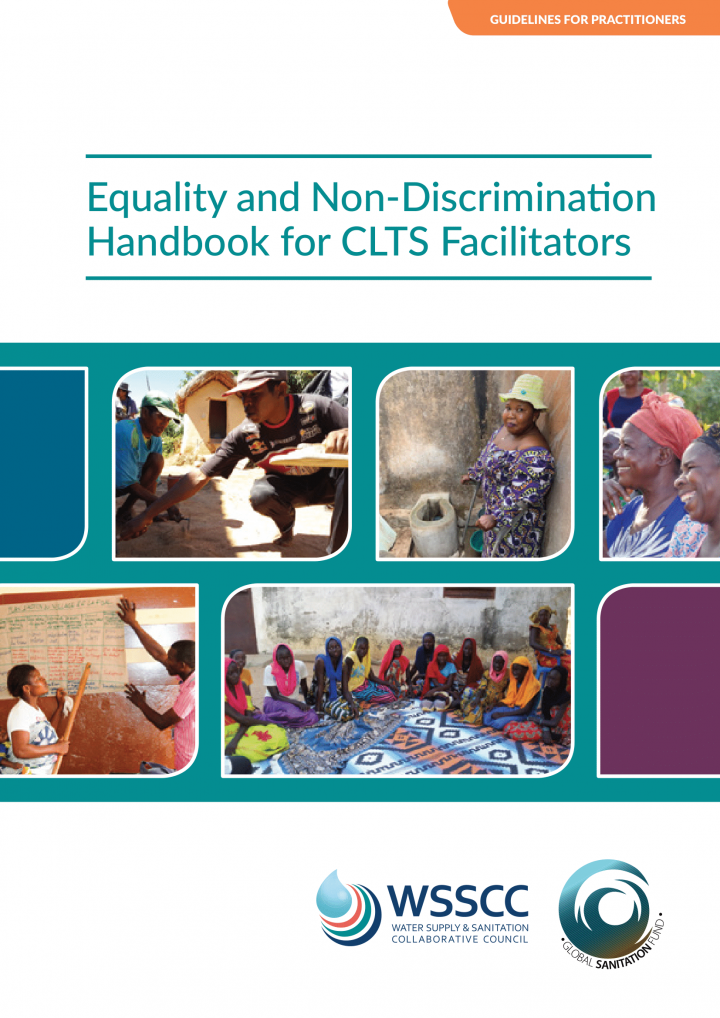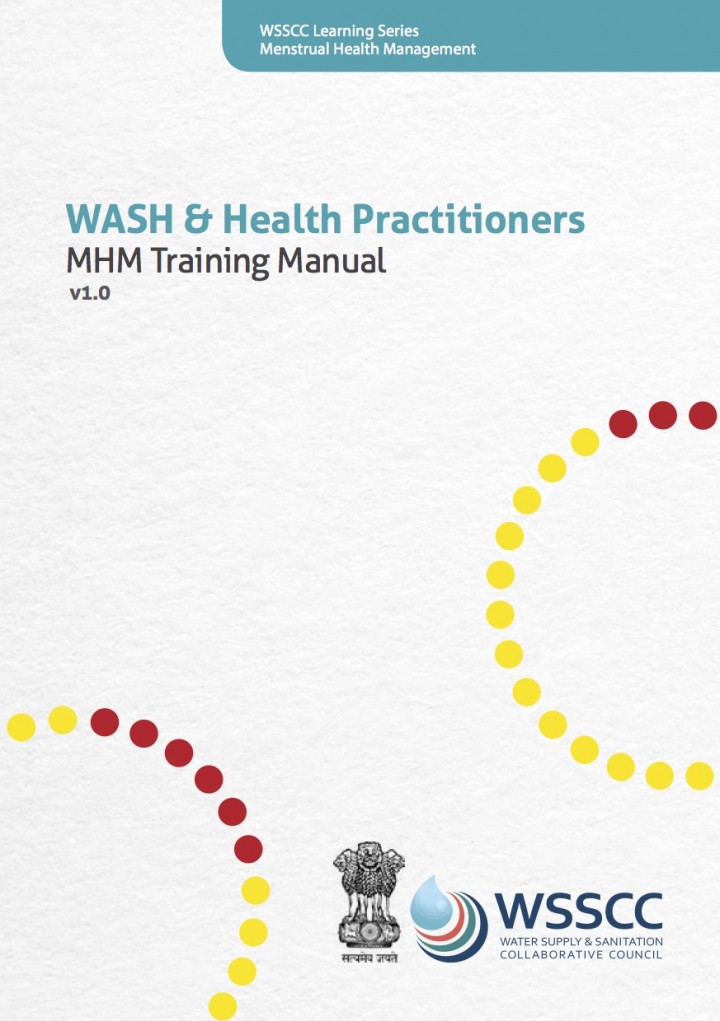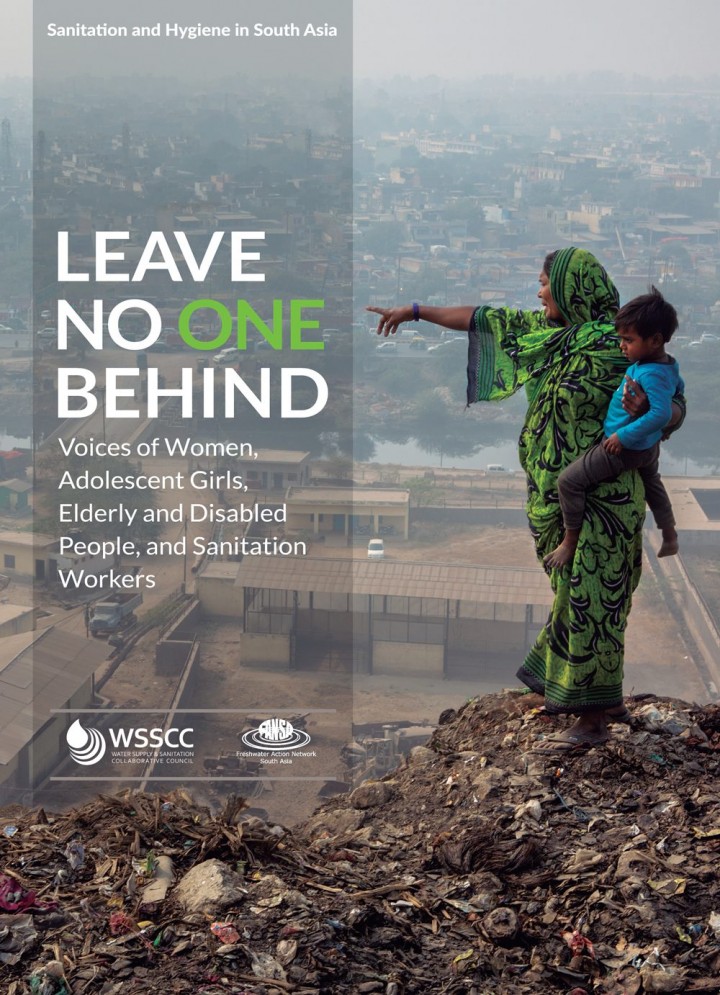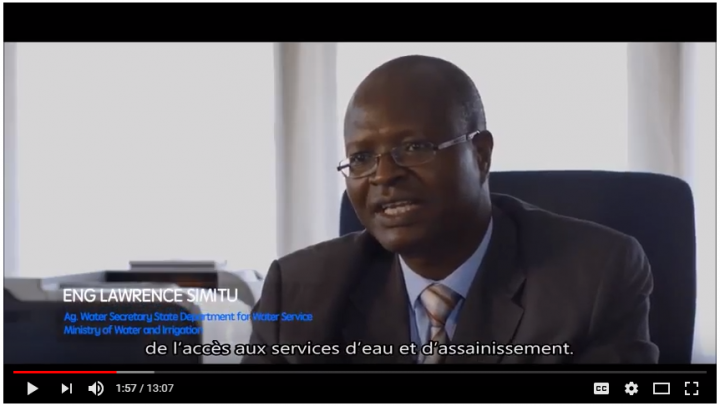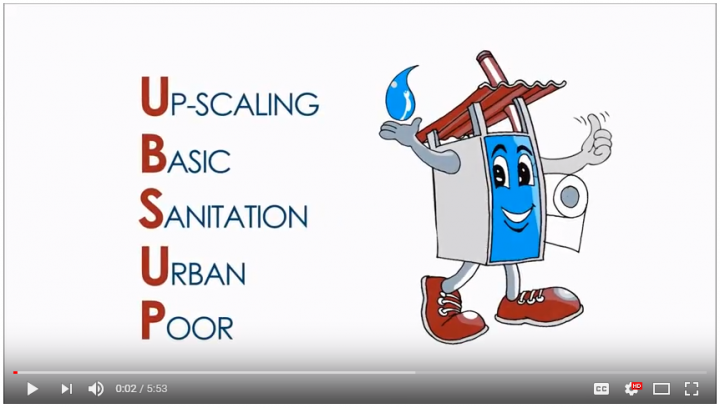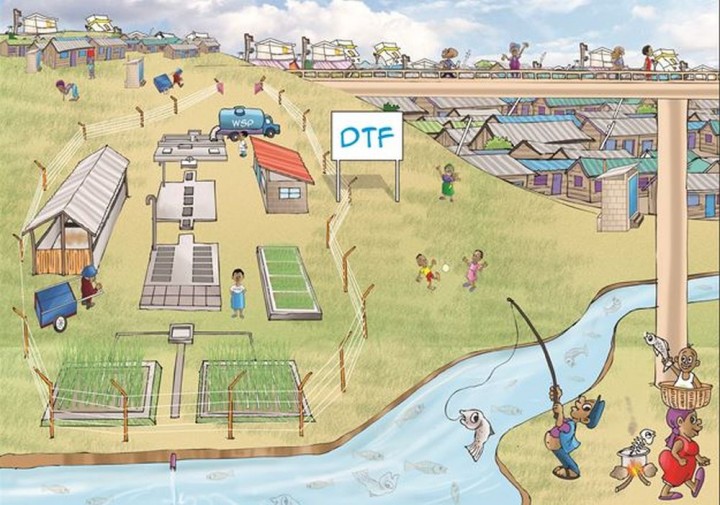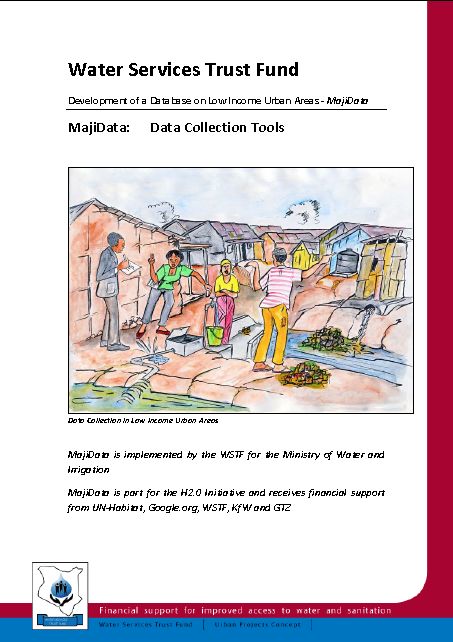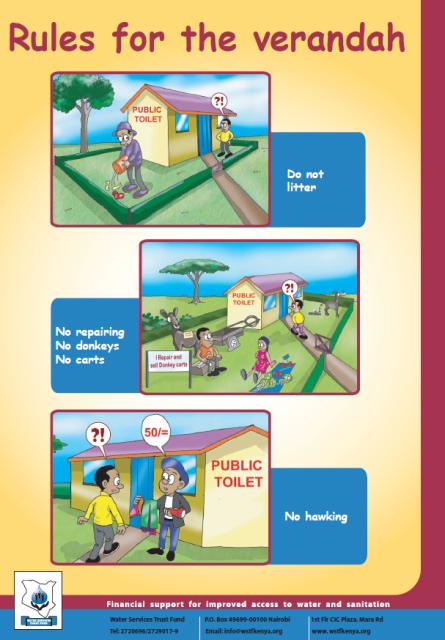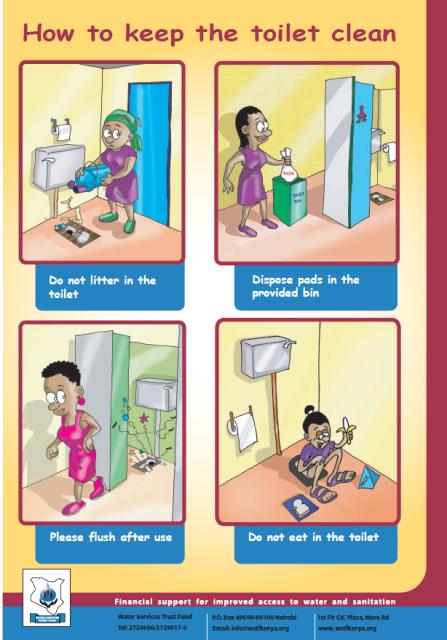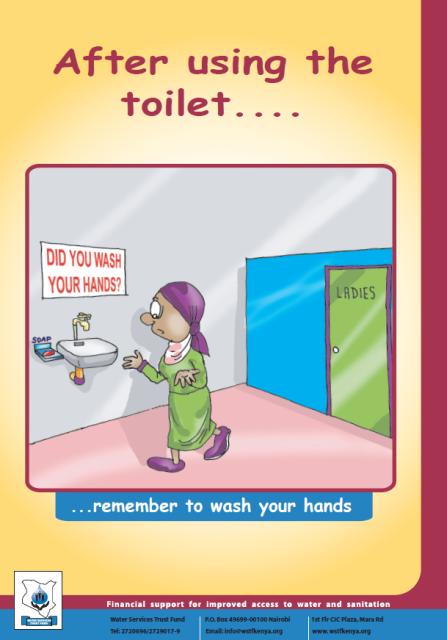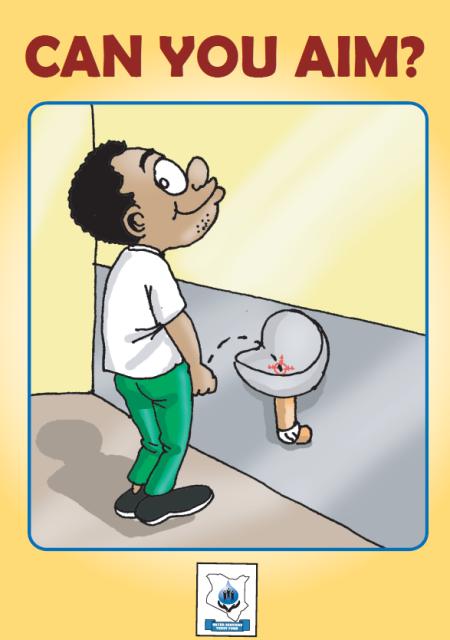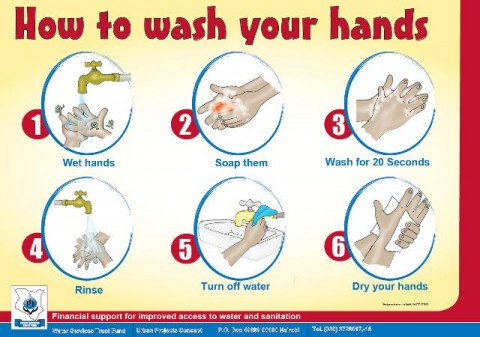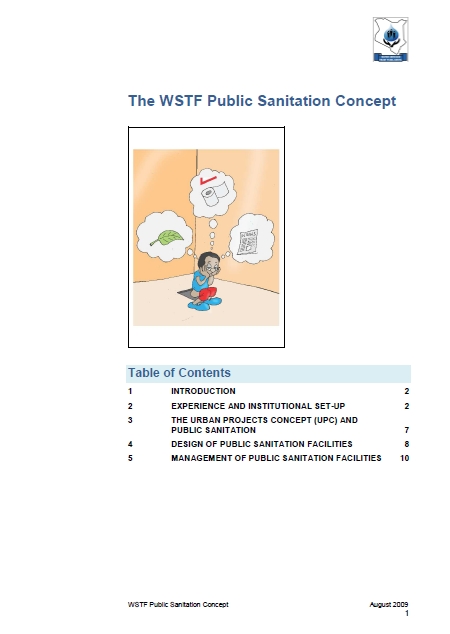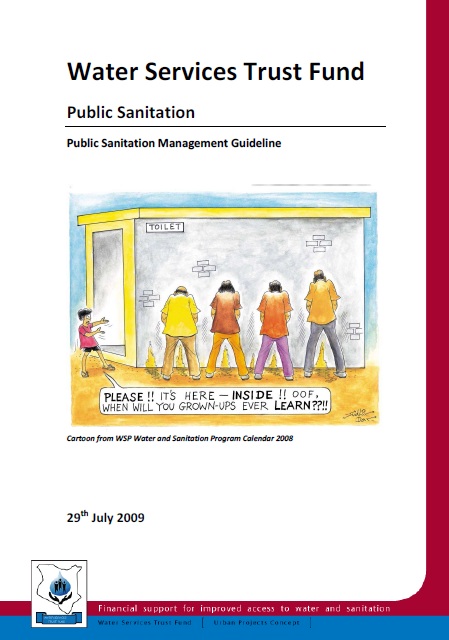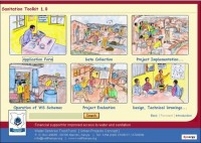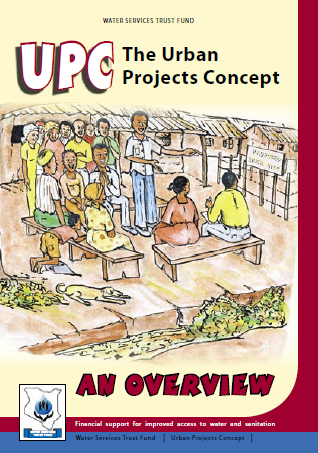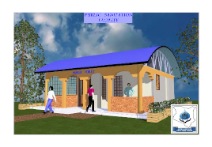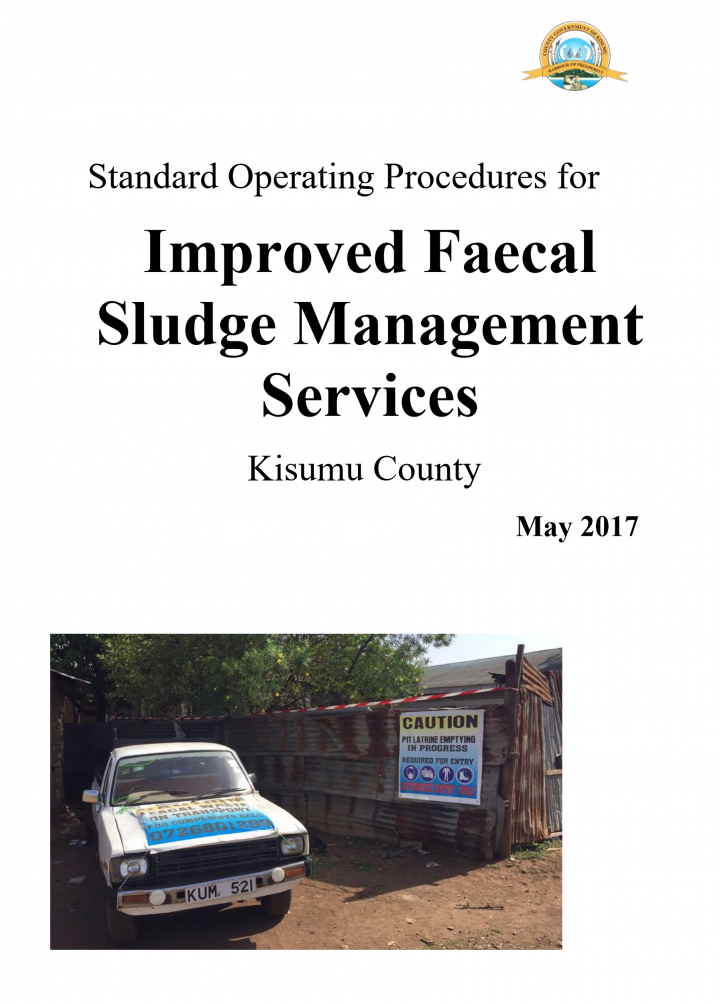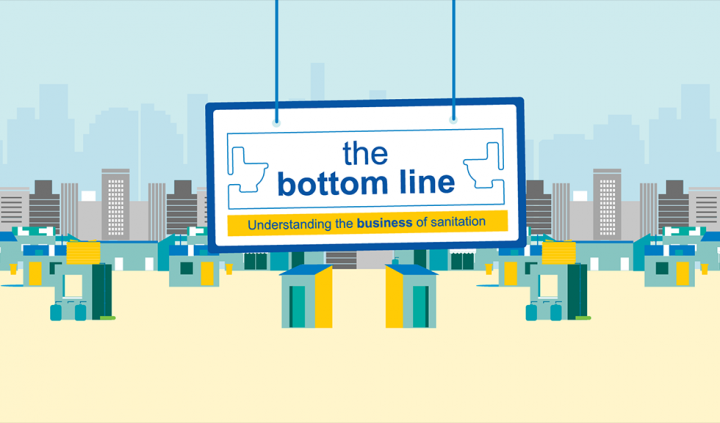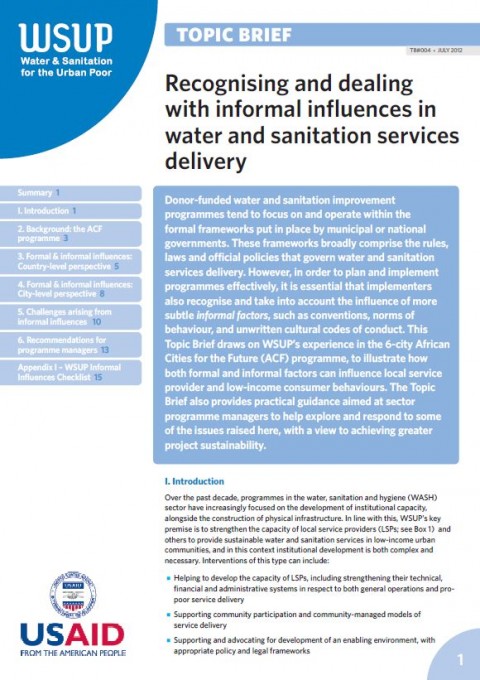Searching for information on Sanitation Workers?
The Sanitation Workers Knowledge + Learning Hub is the best source for all current news, trends, articles and updates on sanitation workers rights around the world.
‘Do-no-harm’ means taking every precaution to ensure people will not be adversely impacted by the programme, including inadvertently. Whilst it is understood that ‘community problem, community solution’ should remain core to community-led approaches, facilitators also have an ethical obligation to step in if initiatives pose a risk to the rights, dignity or well-being of people who may be …
WSSCC's Global Sanitation Fund (GSF) Programme in Nepal was financed by WSSCC and implemented by UN Habitat Nepal. This evaluation brief seeks to provide a summative and a formative forward-looking analysis of the Programme. The analysis is framed around the Organisation for Economic Co-operation and Development's Development Assistance Committee (OECD DAC) evaluation criteria of relevance, …
In September 2019, the Government of Nepal declared the country ‘open defecation free’ (ODF). Leading up to this milestone, the Government of Nepal and other sector partners focused on the challenging Terai plains - the ‘last mile’ of Nepal’s Sanitation Campaign. This Case Study documents the key success factors from WSSCC's Global Sanitation Fund programme in Nepal, executed by …
Voices of youth, women, older persons, persons with disabilities, persons living with HIV, transgenders and LGBTIQ, sex workers, manual scavengers, Dalits, Adivasis, farmers, urban shanty dwellers, urban homeless, migrants and refugees. Leave No One behind is the core principle of the SDGs and the 2030 Agenda. A consultation was held in India in late 2019 involving 14 groups identified by Niti …
The 2019 Annual Report details the achievements and results of the Water Supply and Sanitation Collaborative Council (WSSCC), its members and partners at local, national, regional and global levels. This year has been one of progress and opportunity, as well as reflection and a strategic reset as we conclude our 2017-2020 Strategic Plan and look to the future. We have placed increasing emphasis …
The Equality and Non-discrimination (EQND) and Community-led Total Sanitation (CLTS) Handbook provides practical guidance for ensuring that behaviour change interventions leave no one behind. Drawing on experience from across the sector, this handbook is specifically targeted towards those implementing or supervising CLTS interventions at the community level. Key features include a summary of …
This manual was developed to sensitise WASH and health practitioners to the various issues associated with menstrual hygiene management. It equips professionals with important information, skills and tools for communicating with a variety of stakeholders, which can help them to promote menstrual management practices in their communities. By guiding participants through the step-by-step learning …
This publication summarizes the sanitation and hygiene hopes and aspirations of thousands of women and men of different ages and physical ability, across rural and urban areas in eight South Asian countries. In these countries, over a billion people are without safe sanitation. They represent individuals and groups rarely heard because they are seldom asked what their constraints are, what they …
Pour mettre à l’échelle des mesures d’approvisionnement en eau et d’assainissement dans les zones urbaines à faible revenu il faut appliquer la bonne formule. Le Cube Magique (MajiCube) avec ses six faces, considère les éléments suivants: le cadre sectoriel, les acteurs de mise en œuvre, les systèmes d’information, le financement, l’accès a l’eau et la chaine …
Le programme de mise à l’échelle de l’assainissement de base pour les zones urbaines pauvres (UBSUP) est une solution éprouvée pour améliorer l’accès des ménages à l’assainissement dans les zones urbaines à faible revenu au Kenya, couvrant la chaine d’assainissement dans son intégralité : des toilettes jusqu’au traitement. UBSUP est géré par le Water Sector Trust Fund …
This library entry contains key documents involved in the implementation of the UBSUP programme, from the social marketing for improved toilet at household level to the construction and operation of the sanitation infrastructures (toilet and Decentralised Treatment Facility). Note that more documents are available on the SafiSan toolkit located in the WSTF website, see link below.
As an …
Faecal sludge management (FSM) involves the collection, transport, safe treatment and disposal of the full contents of an on-site sanitation system e.g. a pit latrine, or a septic tank. To manage the contents appropriately; the sludge, the water and the solid waste within the containment system must be appropriately treated and disposed of.
In Kisumu, approximately 75% of household sanitation …
In the fictional African city of Bafini, 80% of residents have no access to a sewer connection, relying instead on toilets with pits or septic tanks. This creates a need for better faecal waste collection services, and a market opportunity for a smart entrepreneur.
You run a waste management business in Bafini, and have just decided to expand into faecal sludge management. You have a positive …

